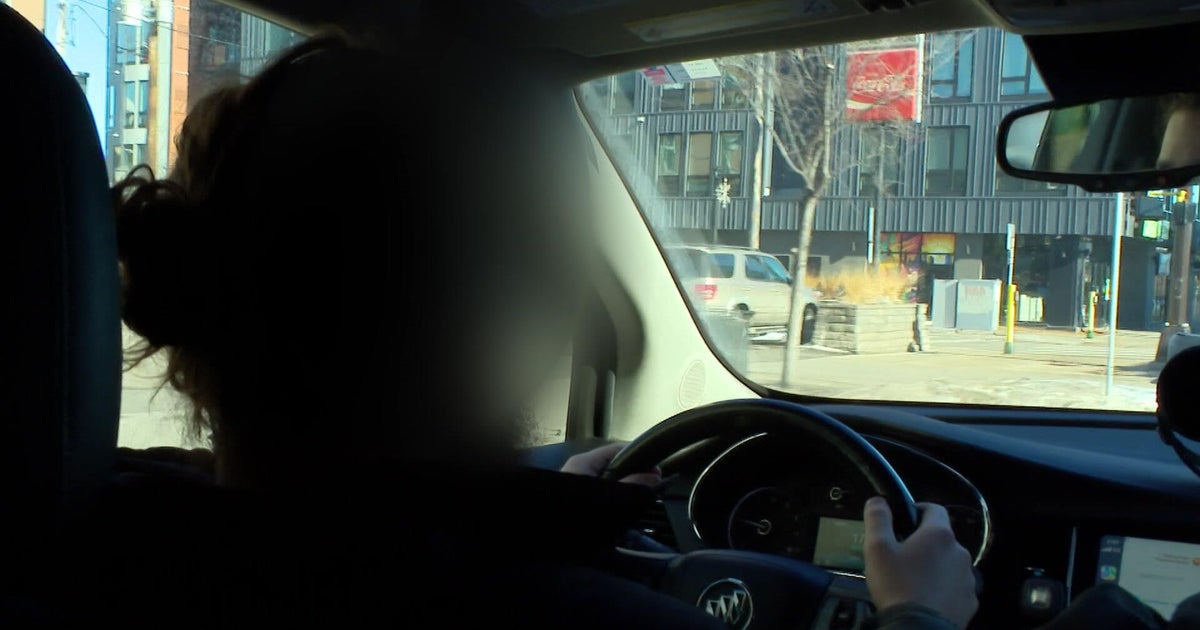Good Question: Why Do They Keep Moving Denny Hecker?
MINNEAPOLIS (WCCO) - Over the weekend, we learned that Denny Hecker was on the move again. Serving a ten-year sentence for fraud, Hecker's been in five different prisons over six months.
"Why do they keep moving Denny Hecker?" asked Deb Eilek. "Why does Denny Hecker get moved around from prison to prison so often?" emailed Lu Refsland.
Denny Hecker's parade of prisons started in a low-security prison camp in Duluth. He reportedly got in trouble for breaking rules about using a cell phone. Then he was sent to Oxford, Wisconsin. Next a medium-security prison in Terre Haute, Indiana. Then he was sent west to a transfer facility in Oklahoma City, before being shipped far east to Cannan, Pennsylvania.
Brian Toder, Hecker's trial attorney, gives his thoughts on Hecker's movement.
"Nobody really knows why he was moved around so much," said Toder. "We knew that his ultimate destination was Loretto some time ago, and the fact that it took a while to get there can mean a lot of things. Getting him out of Duluth in a big hurry accounts for the relatively short trip to Indiana; the trip to Oklahoma is typical as that is a BOP transfer facility. Canaan was a likely stop if the population was a factor at Loretto, or just Loretto being ready," said Toder.
"Maybe they just wanted to give him a little dose of the reality that he belongs to the BOP [Bureau of Prisons]," he said.
That's what criminal defense attorney Joe Friedberg suspects.
"It's very conceivable to me that somebody in Kansas City said, 'Let's move this guy around and teach him who's boss,'" said Friedberg.
Friedberg is not Hecker's attorney, but he has represented many clients in federal court.
"That is what every criminal defense lawyer knows to be to punishment for inmates. It's called diesel therapy," he said.
The idea is to punish inmates by putting them in transit, which is uncomfortable, and moving them far from family and friends.
"The regulations say they can't tell a relative, they won't tell a lawyer, certainly not an inmate where he's headed," said Friedberg.
This tactic may be due to concerns that someone would try to intercept an inmate transport caravan.
Of course, there are legitimate reasons to move around inmates.
"Prisoners are constantly moved when their security level changes," said Friedberg.
Inmates ideally move from a higher security prison, to medium, to low as they serve out their sentences. Hecker moved in the other direction, from low-security to medium when he was in trouble at Duluth.
As for the cost: taxpayers foot the bill. And a lot of money is spent on moving prisoners around.
The U.S. Marshal Service has nearly 1,200 employees doing prisoner security and transportation, with a budget of nearly $250 million dollars per year.
"You know how overcrowded the facilities are. My guess is there's an entire institution in transit the entire time," said Friedberg.
The Bureau of Prisons does not comment on their decisions about moving inmates, and they did not respond to our request for an explanation on Denny Hecker's frequent prison moves.







